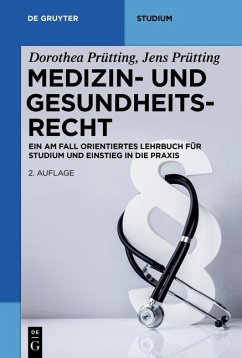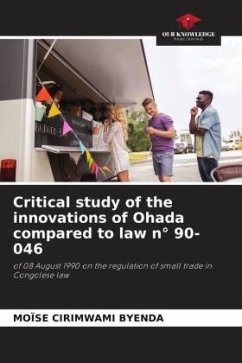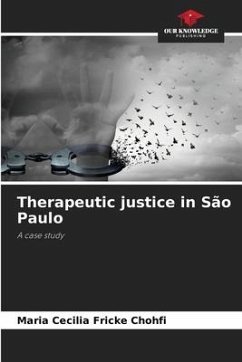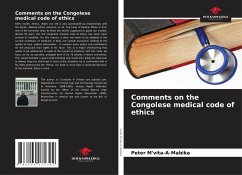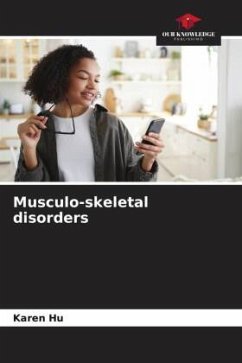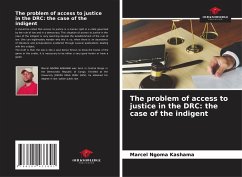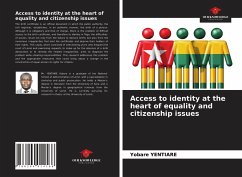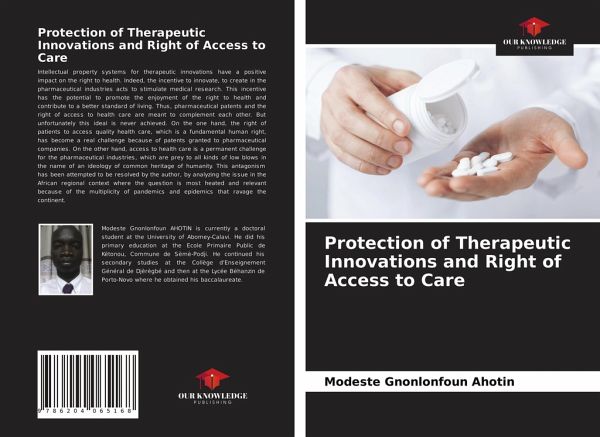
Protection of Therapeutic Innovations and Right of Access to Care
Versandkostenfrei!
Versandfertig in 6-10 Tagen
36,99 €
inkl. MwSt.

PAYBACK Punkte
18 °P sammeln!
Intellectual property systems for therapeutic innovations have a positive impact on the right to health. Indeed, the incentive to innovate, to create in the pharmaceutical industries acts to stimulate medical research. This incentive has the potential to promote the enjoyment of the right to health and contribute to a better standard of living. Thus, pharmaceutical patents and the right of access to health care are meant to complement each other. But unfortunately this ideal is never achieved. On the one hand, the right of patients to access quality health care, which is a fundamental human ri...
Intellectual property systems for therapeutic innovations have a positive impact on the right to health. Indeed, the incentive to innovate, to create in the pharmaceutical industries acts to stimulate medical research. This incentive has the potential to promote the enjoyment of the right to health and contribute to a better standard of living. Thus, pharmaceutical patents and the right of access to health care are meant to complement each other. But unfortunately this ideal is never achieved. On the one hand, the right of patients to access quality health care, which is a fundamental human right, has become a real challenge because of patents granted to pharmaceutical companies. On the other hand, access to health care is a permanent challenge for the pharmaceutical industries, which are prey to all kinds of low blows in the name of an ideology of common heritage of humanity. This antagonism has been attempted to be resolved by the author, by analyzing the issue in the African regional context where the question is most heated and relevant because of the multiplicity of pandemics and epidemics that ravage the continent.



